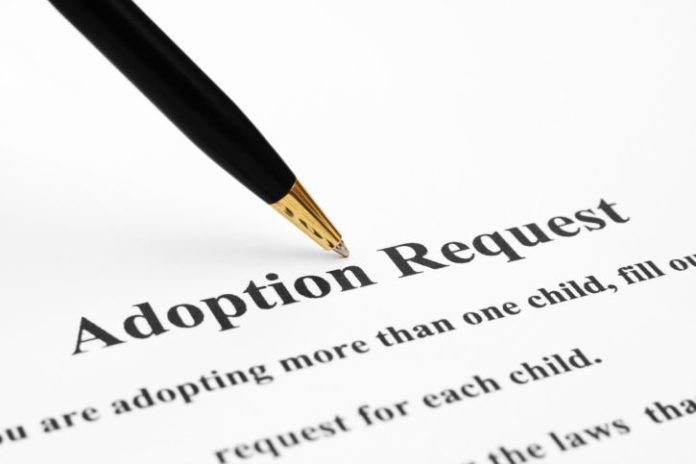A new study has found thousands of Australians involved in past adoption practices are still living with the effects without access to appropriate support.
AIFS Research Fellow, Pauline Kenny said the study estimates about 200,000 Australians had been affected by past adoption practices and there was a need for more services to address their needs.
The study surveyed over 1500 participants across Australia including mothers and fathers separated from children by adoption, adoptees, adoptive parents, wider family members and professionals currently working with affected individuals. It is the largest study on the impact of closed adoptions every undertaken in Australia.
“Particularly in the early 1960s and 1970s, adoption was prevalent in Australia and a significant proportion of the population has had some experience of or exposure to issues relating to adoption,” Ms Kenny said.
“The closed adoption process was in place until the 1980s and effectively hid the identities of the mother and child with the intention of helping the child to settle into the adoptive family.
“The impacts are significant and far-reaching for many Australians. These practices don’t stay in the past. The effects are very much a present issue”.
Ms Kenny said the study found that the majority of adoptees had lower levels of wellbeing and higher levels of psychological distress compared with Australian population norms.
“Almost 70 per cent of adoptee survey respondents agreed that their adoption had resulted in some level of negative effect on their health, behaviours and wellbeing, regardless of whether they had a positive or negative experience growing up,” she said.
“In particular, many expressed their frustration with gaining access to their records and of most concern, not knowing their family medical histories. This is literally, a life and death issue for some of these people.
“The study also found one-third of mothers in the study had symptoms that indicated a high likelihood of a mental health issue and over half had many symptoms of post- traumatic stress.
However, about one quarter of mothers had never had any support in dealing with the separation from their child and the search and contact process.
“Although the number of fathers who responded to the survey was too low to make generalisations, almost all of those that did participate showed some signs of post-traumatic stress.”
Ms Kenny said the study found the key needs and priority actions for those affected by past adoptions included:
- an acknowledgment and recognition of past adoption practices (including the role of apologies and financial resources to address current service and support needs
- specialised workforce training and development for primary health carers, mental and broader health and welfare professionals
- a review of the current search and contact service systems
- improved access to information through the joining of state and territory databases
- improved access to and assistance with costs for mental, behavioural and physically health services.
“Respondents to the survey wanted to ensure that lessons from the past adoption practices are learned and adoption-specific services are created to respond to the consequences of these past practices,” she said.
Anyone suffering anxiety or depression should call Lifeline on 13 11 14











